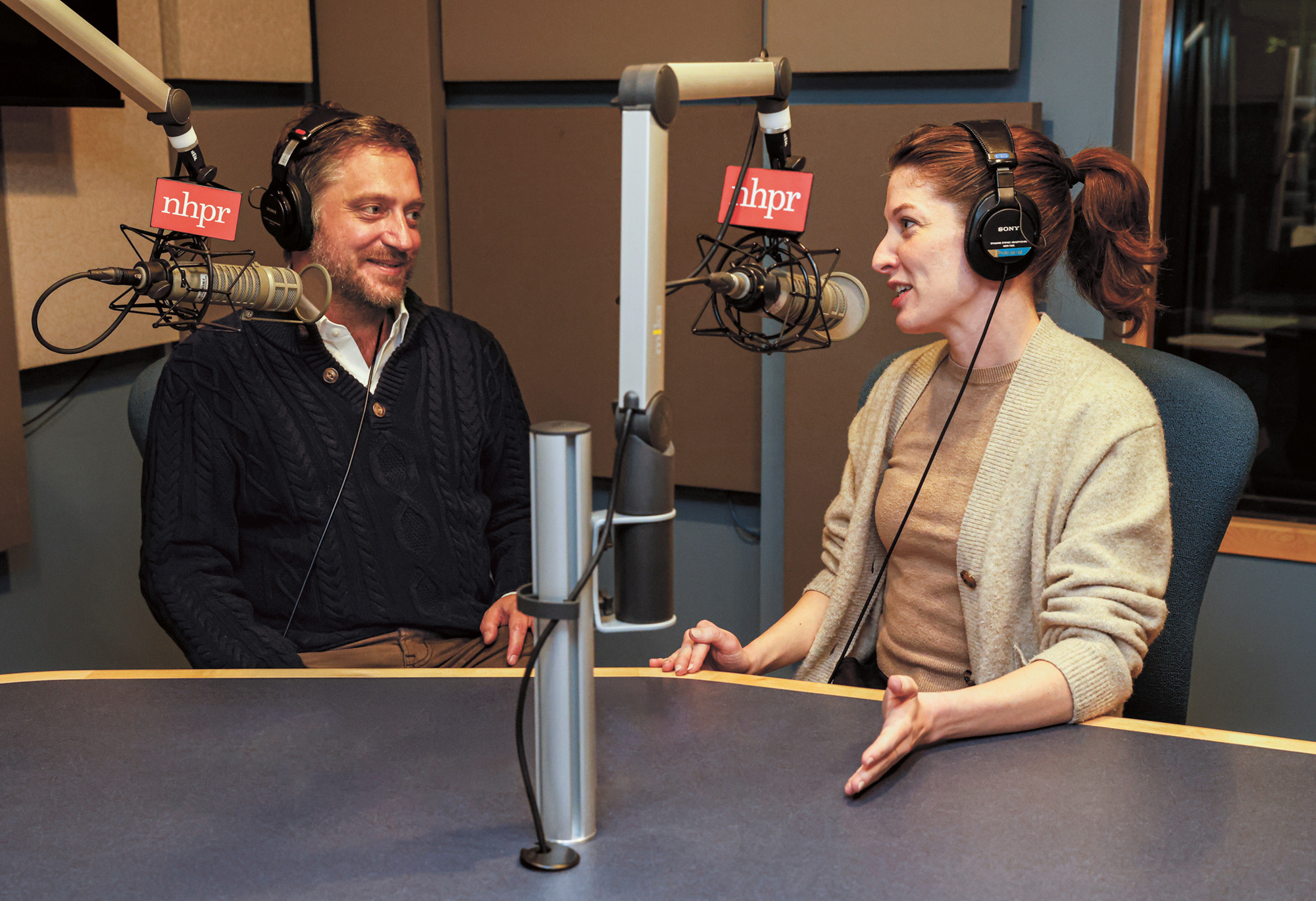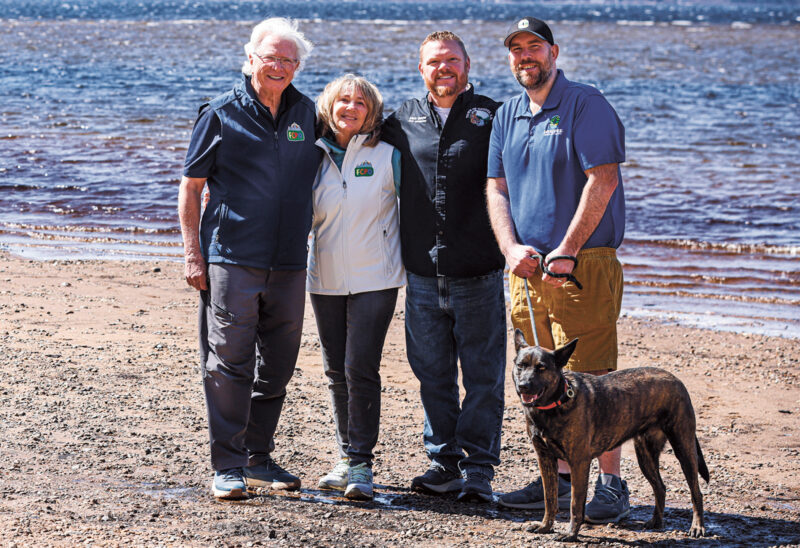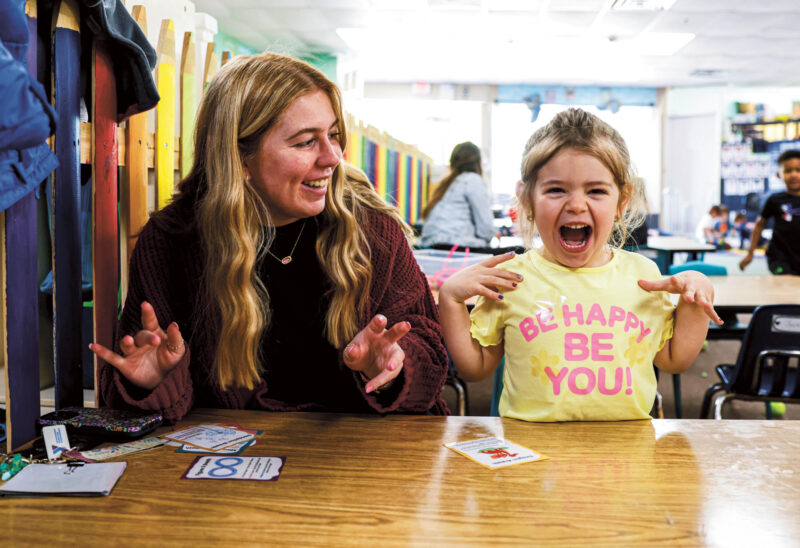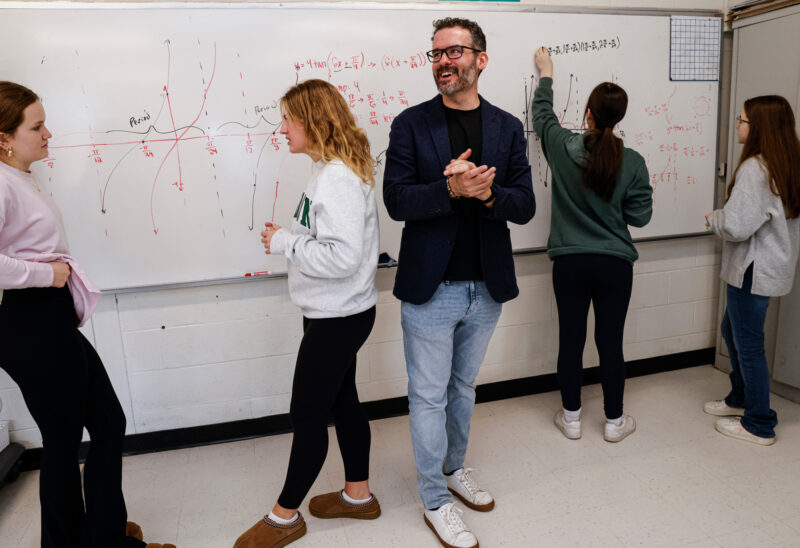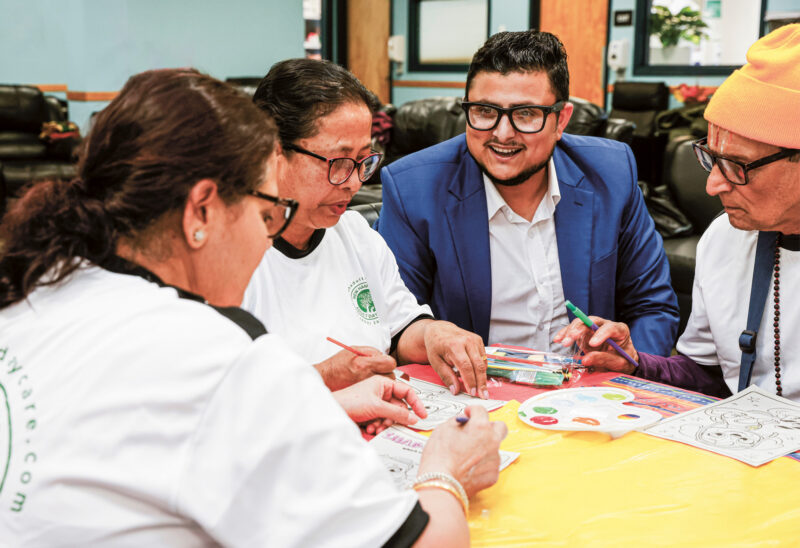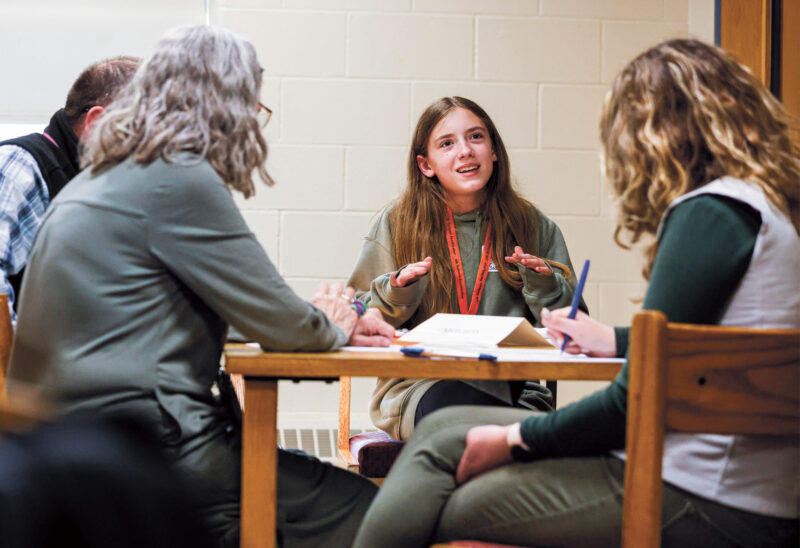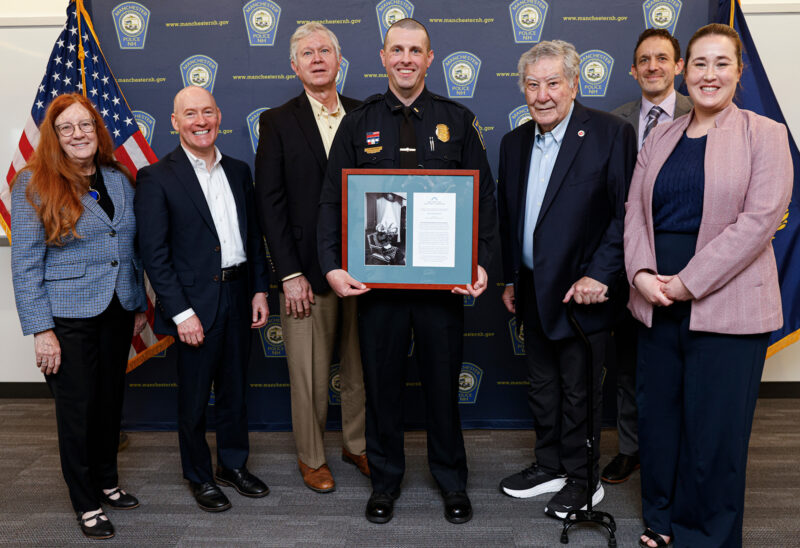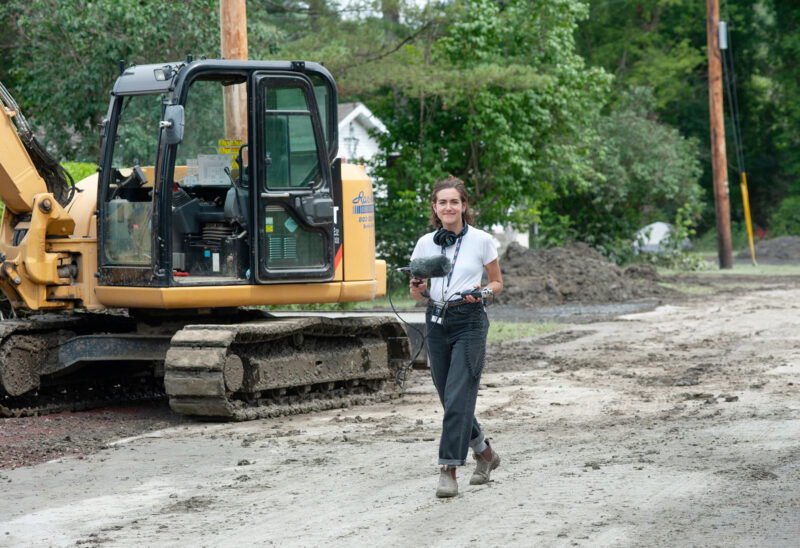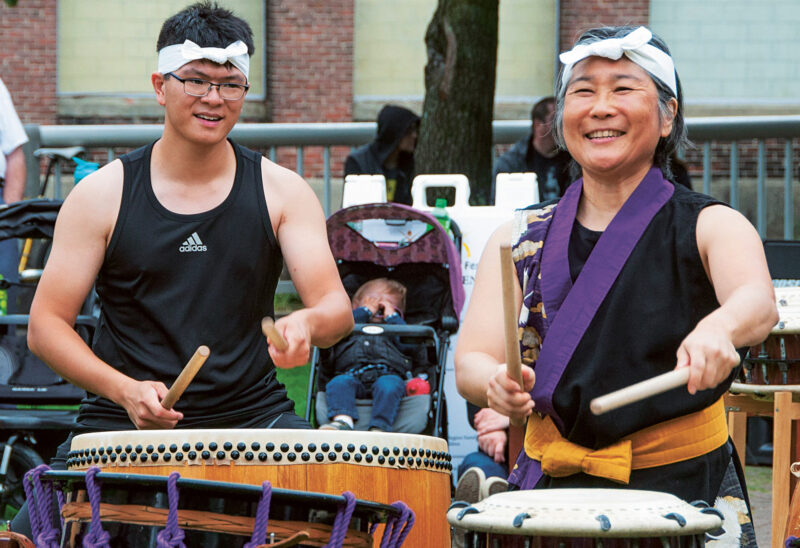After the 2016 elections, opinions about how democracy works were running hot.
“People were having bar fights — but not admitting they did not understand basic civic concepts,” said Nick Capodice of New Hampshire Public Radio.
And so a podcast was born. Civics 101 teaches civics in a style that is nonpartisan, engaging, intelligent — and occasionally hilarious. The weekly podcast originated at the small (but mighty) New Hampshire Public Radio, and is heard coast-to-coast — and around the world. Episodes have been downloaded more than 30 million times. In partnership with generous donors, the Foundation has been a longtime supporter of NHPR and Civics 101.
Nick and co-host Hannah McCarthy have basically become America’s coolest civics teachers.
“One of the most important things you can do as a citizen — as a person — in the United States is to understand how the government works,” Hannah said. Civics 101, she said, strives to “be a resource for anyone who is seeking to strengthen civics education.”
They make presentations in schools, are in high demand at civics and social studies conferences — and work closely with educators.
Donna Morin teaches at Alvirne High School in Hudson. She incorporates Civics 101 into her U.S. Government classes. Nick and Hannah Zoomed into her class during Covid and taught her students how to make a podcast. Nick mentored one of her students through a senior project.
“They are always willing to give to the community,” Donna said.
Nine years in, Civics 101 remains on-point. A recent episode explored the rule of law — what it is and why it is critical to democracy.
A 2025 study found that a startling 31 percent of Americans aged 18-29 reported not valuing core democratic principles and demonstrating some support for authoritarianism. Which is why doubling down on civics education — and its close cousin, building community trust — is so important, Hannah said.
“There has been a massive decline in the belief that democracy is fundamental to the United States,” Nick said. “Beliefs that people over 50 or 60 take for granted. But we somehow missed the hand-off. That wasn’t passed down as that important. But if the systems aren’t respected, what do we do?”
Civics 101 will keep examining the questions.

